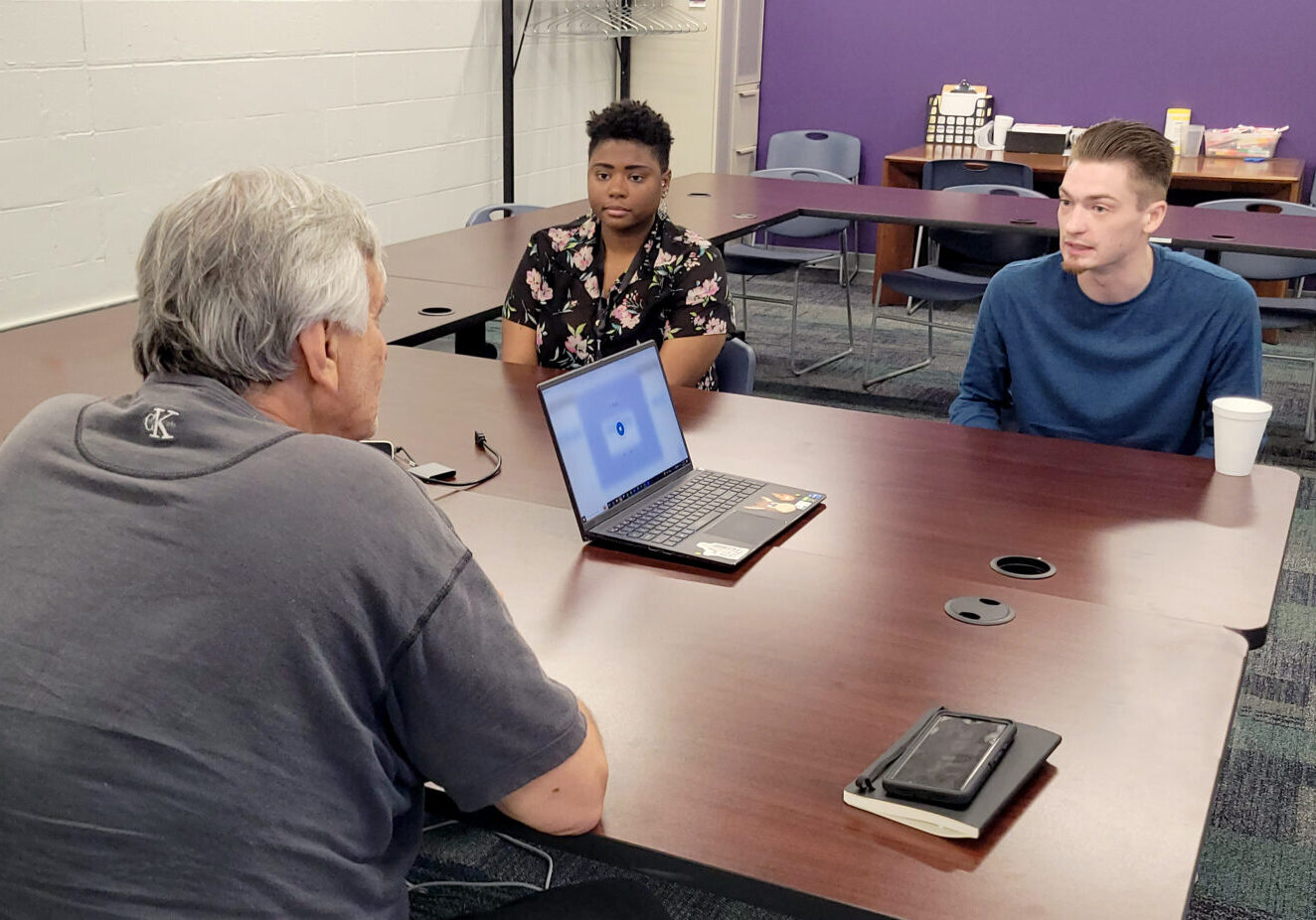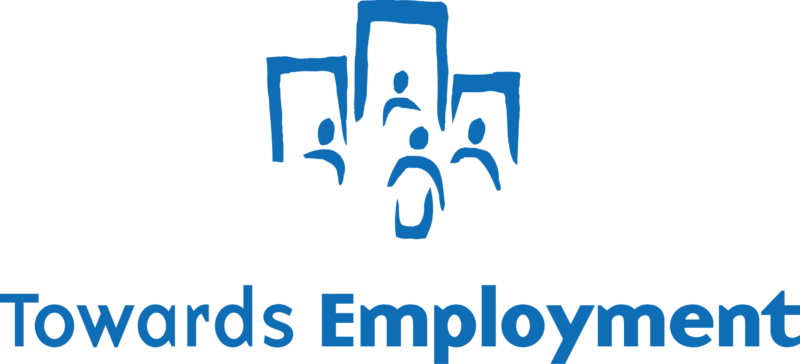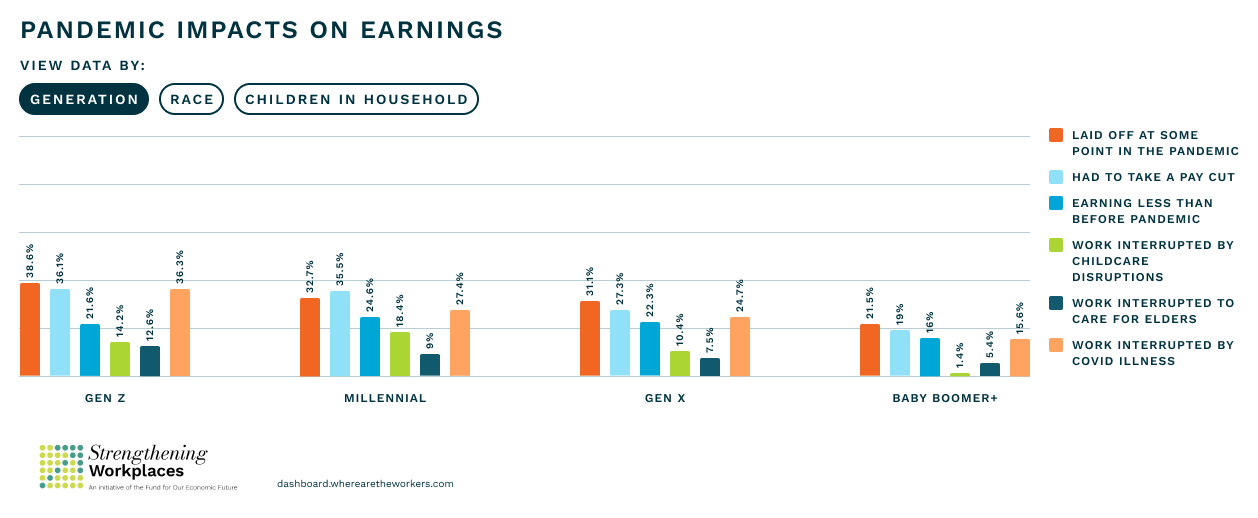Real-Time Takes: Job Quality

Real-time Takes
A Policy Blogcast
Job Quality
Interview with Brenden Wyatt & Dondreya Allen
June 1, 2023
Interview by Brian Balogh
When I ask my kids if they like their job, the first thing they mention is how much it pays – or does not pay. But whatever the pay scale and fringe benefits, the conversation soon turns to the quality of their job.
It turns out that most Americans agree that the quality of their job has a strong impact on their quality life.1
Covid put pressure on everybody at work and 40 percent of Americans working in 2020 experienced a decline in the quality of their jobs.2
So let’s set aside wages and benefits – not because they are not important – but because it is easy to measure exactly what you are getting paid and the value of fringe benefits like health care. Other crucial elements of job quality are not as easy to measure. Fortunately, The Fund for Our Economic Future surveyed Northeast Ohio workers in 2022 and this is what mattered most after wages and benefits:
Image source: https://dashboard.wherearetheworkers.com/
Roughly half of respondents from every generation listed flexible work hours; meaningful work; and opportunities for career advancement (with the exception of those already near the end of their careers) as very important workplace factors.
Here at Towards Employment participants in job training programs and their job coaches translate those statistics into lived experience every day. Dre is a job coach and knows from experience the importance of a work environment that encourages employees to pursue ambitious career paths. She practiced what she preaches when she sought advice about careers in HR from a senior manager.

Brendan, who took two buses to get to TE and talk to me about his training at TE and his current work in the paid work experience program understands firsthand the importance of flexible scheduling

As Dre put it, sometimes life intervenes.

When surveyed about their feelings about work, the vast majority of Northeast Ohio understandably workers put safety first. A close second, however was being “appreciated for a job well done.”
Brendan put it eloquently:

Measured by the numbers or through the experience of thousands of Brendans and Dres, a quality job not only provides equitable wages and fringe benefits, it provides enticing career paths, offers working hours that accommodate the non-work related needs of its employees, offers work that is meaningful, and recognizes employees for doing that work.
Listen to the Full Interview
Lean more about Job Quality
Resources

About the Author
Brian Balogh is an award winning Professor of History Emeritus in the Corcoran Department of History at the University of Virginia, with multiple published titles. He founded and recently stepped down as director of the Jefferson Scholars Foundation National Fellowship Program which has funded 185 dissertation completion fellowships for scholars from some of the top Ph.D. programs in the world, studying American politics and public policy from an historical perspective. He was a cohost of the popular public radio show, then podcast, Backstory with the American History Guys. Balogh focuses on 20th Century U.S. Politics, Environmental History, the history of Science and Technology, and the history of Media and Politics.
Towards Employment
Policy & Advocacy
Towards Employment promotes economic mobility, focusing on those most impacted by systemic racism. We educate and advocate for a more equitable workforce system where racial income gaps have been eliminated and everyone has access to family sustaining wages and quality jobs.


